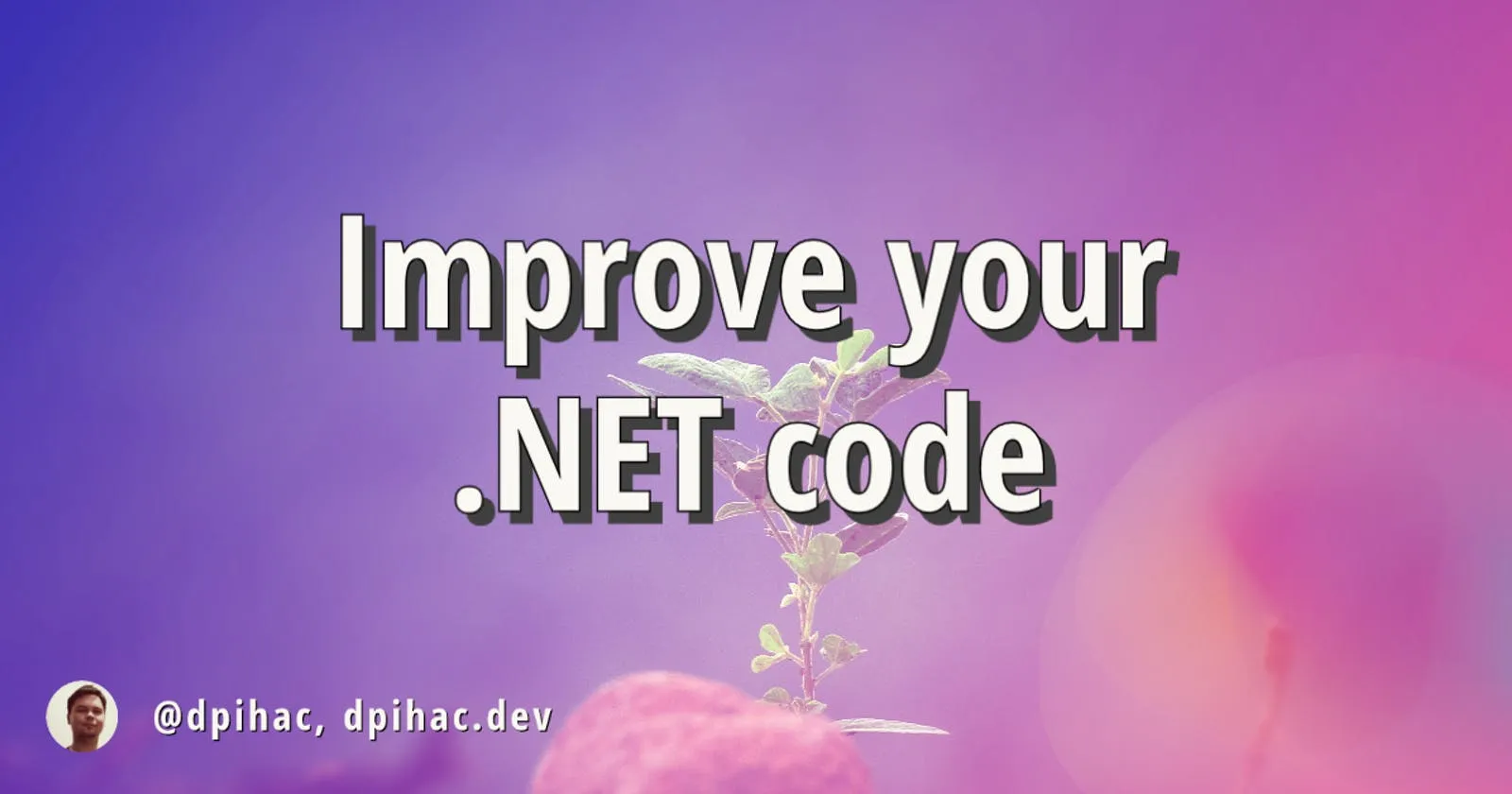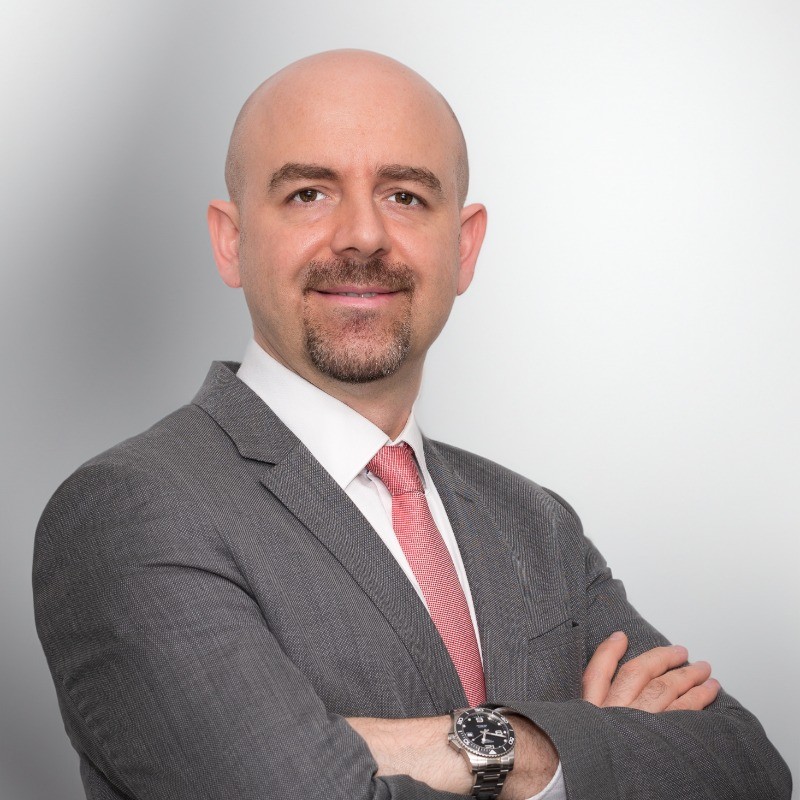
Clean Code: Tips for Writing Code that is Easy to Read, Understand, and Maintain
Clean code is code that is easy to read, understand, and maintain. It follows certain rules and principles to ensure that it is of high quality.
Read ArticleFocused on building modern web applications and systems. I write about software development, technology, and share knowledge with the community.

I started programming as a kid during primary school and was eight years old at the time. I got first full-time job while still studying at the University.

Clean code is code that is easy to read, understand, and maintain. It follows certain rules and principles to ensure that it is of high quality.
Read Article
Discover what it truly takes to become a Senior Software Engineer - learn more about the essential skills and steps to advance your career.
Read Article
There are several tools that can help you identify code smells, refactor code, and enforce coding standards in your projects.
Read Article
Co-founder, Utils, Software development company
I had the privilege of working with Davor for several years. During that period he always demonstrated an exceptional level of professionalism and dedication.
Davor is always seeking innovative ways to enhance processes and methodologies. His wealth of ideas have significantly contributed to the success of the projects we collaborated on. He excels in tackling complex and challenging technical tasks.
Beyond his technical expertise, Davor is a team player who fosters a positive and collaborative environment. He is always willing to share his knowledge and support his colleagues, making him an invaluable member of any team.

Software Developer at Utils
I had the chance to work with Davor not just in one, but in two companies, and maybe one day we'll get to work in a third one. I would not hesitate to bring Davor on to any project that I'm a part of. Davor is a well rounded developer, and he's extremely dedicated and hard working, whether exploring new technologies, adding new features or investigating those hard to find bugs.
Davor is a great developer and a great colleague. Any company would be lucky to have him on their team!

Director of Data at Casumo
Davor is an excellent worker and a dedicated team member, but also an independent problem solver when circumstances dictate so. He has a vivid interest in studying and applying new technologies and fiding new and better ways to get the job done. Davor distinguished himself on a very difficult project where I served as project manager and I would be happy to work with him again. I recommend him wholeheartedly and without any reservation.